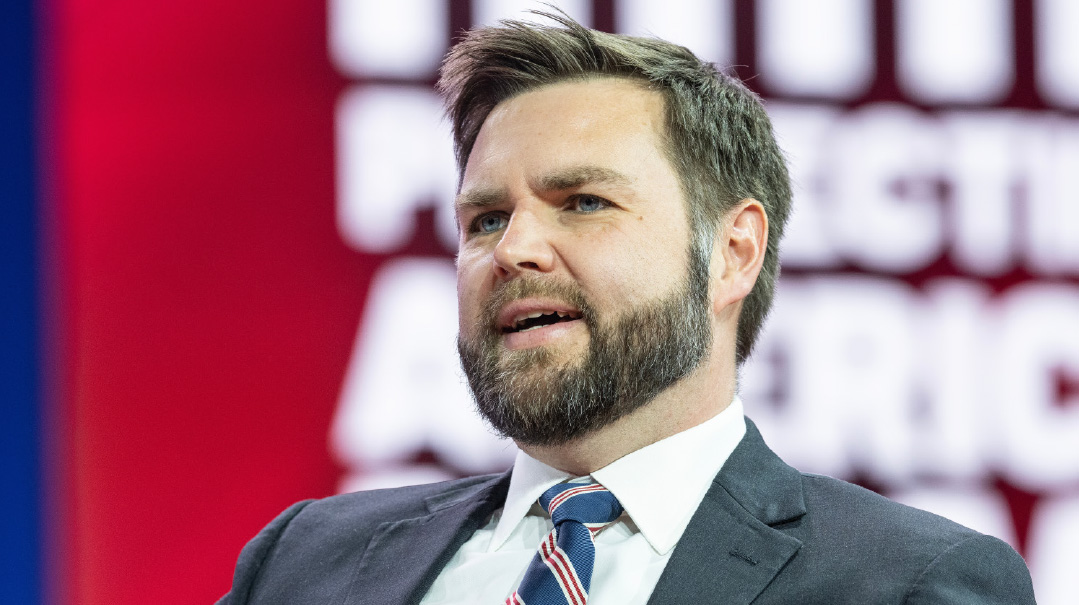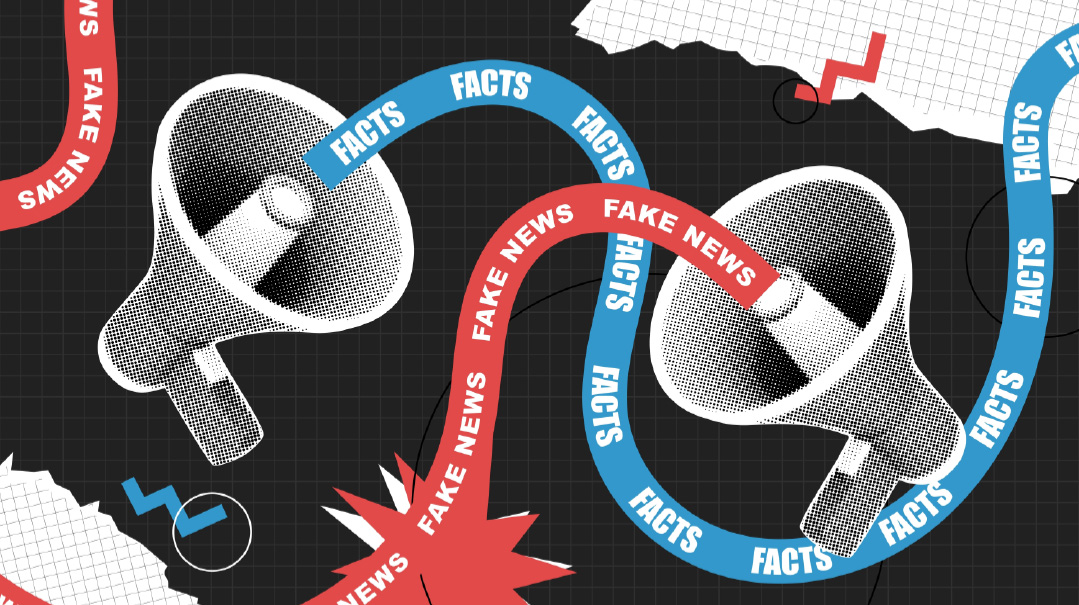Struggle Sessions in the Ivy League

"Eisgruber is a man of principle — too many principles"
A
blatant attempt to suppress academic freedom and enforce ideological hegemony is currently unfolding at Princeton University. The prominence of the key players — with Princeton president Christopher Eisgruber on one side, and classics scholar Joshua Katz, a chaired professor and the winner of numerous awards for teaching excellence, on the other — has drawn widespread attention to the controversy.
On July 4, 2020, approximately 300 Princeton faculty members sent a petition to President Eisgruber that began, “Anti-Blackness is foundational to America.” They demanded that Princeton institute a long list of reforms, including extra pay and an additional sabbatical for junior faculty “of color.” Among the other demands was that the university issue a formal apology to the Black Justice League, a black student group active on campus between 2014 and 2016, and that it “credit and incentivize anti-racist student activism.”
Of even greater significance, the faculty petition demanded the creation of a faculty committee that would oversee the investigation of racist behaviors, incidents, research, and publication on the part of the faculty. Crucially, racism would be defined by the committee.
Four days later, Katz published his own declaration in Quillette. He argued that differentiation between faculty members on the basis of pigmentation alone would violate US civil rights statutes and “erode even further public confidence in how elite institutions of higher learning operate.”
But what occasioned Katz’s greatest concern was the idea of a committee to evaluate the work of other scholars for racism. He acknowledged that explicit racial slurs and demonstrable bias on the basis of skin color were proper subjects of disciplinary action, but wrote that procedures were already in place for dealing with such offenses.
But the proposed faculty committee, he argued, would be “a star chamber, with a low bar for cancellation, punishment, suspension, even dismissal,” especially given that the definition of racism would be left to the faculty committee. That definition of “racism” would inevitably include any denial of “systemic racism” as the only possible explanation for differential attainments or achievements between racial or ethnic groups.
President Eisgruber has repeatedly referred to Princeton’s history of “systemic racism,” and Katz would have run afoul of him for his skepticism in any event. But the hook upon which Katz was hoisted was his description of the Black Justice League as a “small local terrorist group that made life miserable for many (including many black students) who did not agree with its members’ demands.”
Katz added that he had recently watched on Instagram Live one of the BJL’s alumni leaders, “emboldened by recent events [i.e., the widespread demonstrations and rioting in the wake of the death of George Floyd] and egged on by 200 supporters baying for blood — preside over what was effectively a Struggle Session against a former [black] classmate. It was one of the most evil things I have ever witnessed.”
The response of Princeton officialdom to Katz’s Quillette piece was swift and fierce. Eisgruber issued a statement that acknowledged Katz’s freedom of speech, but accused him of having exercised it “irresponsibly” by calling the BJL a “local terrorist group.” And a university spokesman commented that Princeton was “looking into the matter.”
In a statement to the Daily Princetonian, Katz clarified that he was referring to the group’s practice of terrifying people who disagreed with their demands or tactics through name-calling or bullying. As an example, he cited one fellow black student whom the group harassed “with particular vigor and at every possible opportunity, calling her all sorts of unsavory epithets and accusing her of ‘performing white supremacy.’ ”
But the height of Princeton’s attack came in the form of the vilification of Katz in the package of materials — “To Be Known and Heard: Systemic Racism and Princeton” — prepared by Princeton’s Office of Diversity, Equity, and Inclusion and sponsored by ten Princeton departments and offices. The presentation was announced to the entire Princeton community in January 2021 and posted on the university’s website. The presentation included, inter alia, numerous negative statements about Katz by various faculty members. One described how “race-baiting, disguised as free speech, can be deadly.” The head of the African-American Studies department accused him of not regarding “people like me [i.e., a Black professor] as essential features or persons of Princeton.” The webpage also quoted Katz’s characterization of BJL as a “local terrorist group that made life miserable for many students,” while eliding, without ellipses, the phrase “(including many black students).”
At the orientation for all entering 2021 freshmen, a university dean introduced the presentation, including the statement about the dangers of race-baiting disguised as free speech. Not a word was said about Princeton’s adoption of the so-called Chicago Principles of free expression or neutrality in political or social debates.
Eight Princeton professors sent a letter to President Eisgruber protesting the university’s characterization of Katz as a racist, and the consequent chilling impact on his free speech and on that of all other Princeton faculty. They noted that the elision of the crucial phrase from Katz’s statement about the BJL would have been an academic violation if committed by a Princeton student.
That letter was referred by Eisgruber to the vice provost for institutional equity and diversity. She found that the webpage was not an official university document, despite its presence on the official Princeton website and the fanfare with which it was announced to the Princeton community. She also claimed that Katz’s rights had not been violated on the basis of race, gender, or creed — as if academic freedom and free speech do not apply to white men. Her decision was subsequently affirmed by the dean of faculty, with Eisgruber’s tacit approval.
Happily, a nine-member Committee of Faculty Appeal, consisting of Princeton professors elected by the entire faculty, unanimously rejected in toto the findings of the vice provost. Still, Eisgruber refused to take any action, citing the academic freedom of the professors castigating Katz as a racist, and presumably of the Princeton DEI office for its entirely misleading quotation from Katz’s Quillette article. But at least Joshua Katz still had his job, and steadfastly refused to quit in face of the official opprobrium and widespread demands for his resignation.
Now, however, according to Aaron Sibarium of the Washington Free Beacon, Eisgruber has decided to fire Katz over an inappropriate relationship with a student more than a decade ago. But Princeton already adjudicated that issue in 2018. And Katz both acknowledged the wrongfulness of his actions and accepted a one-year suspension without pay. He is now being subjected to double jeopardy.
I HAVE ALWAYS BEEN FASCINATED by Eisgruber. He is clearly very bright — a national chess champion in high school, a Rhodes Scholar–winning physics major at Princeton, and subsequently a respected law professor. I assumed his problem was simple cowardice in the face of the woke mob.
But Sergiu Klainerman, a math professor at Princeton for 35 years and the principal draftsman of the letter of eight faculty members protesting Katz’s treatment, has a deeper explanation: Eisgruber is a man of principle — too many principles. And they just happen to be principles that cannot be reconciled. On the one hand, he believes in academic freedom; on the other hand, he believes the purpose of the university is the pursuit of social justice.
The problem is that his vision of social justice as equality of results, as Klainerman learned growing up in Communist Romania, requires top-down redistribution and re-education, which are irreconcilable with the individual pursuit of truth and freedom of thought. And that is where elite American higher education finds itself today. No wonder the Foundation for Individual Rights in Education (FIRE) ranks Princeton 135 of 154 in its free speech rankings.
(Originally featured in Mishpacha, Issue 912. Yonoson Rosenblum may be contacted directly at rosenblum@mishpacha.com)
Oops! We could not locate your form.







